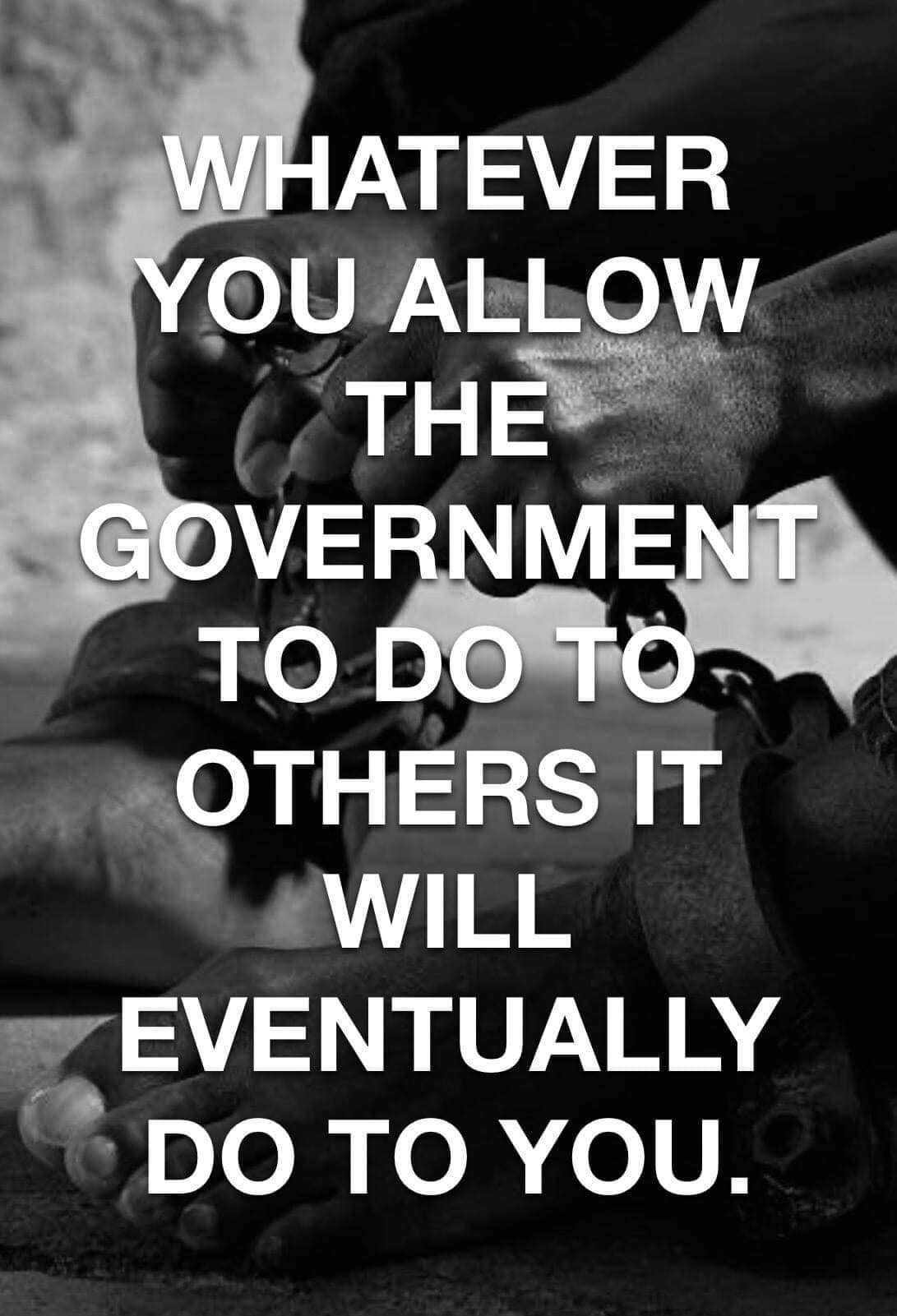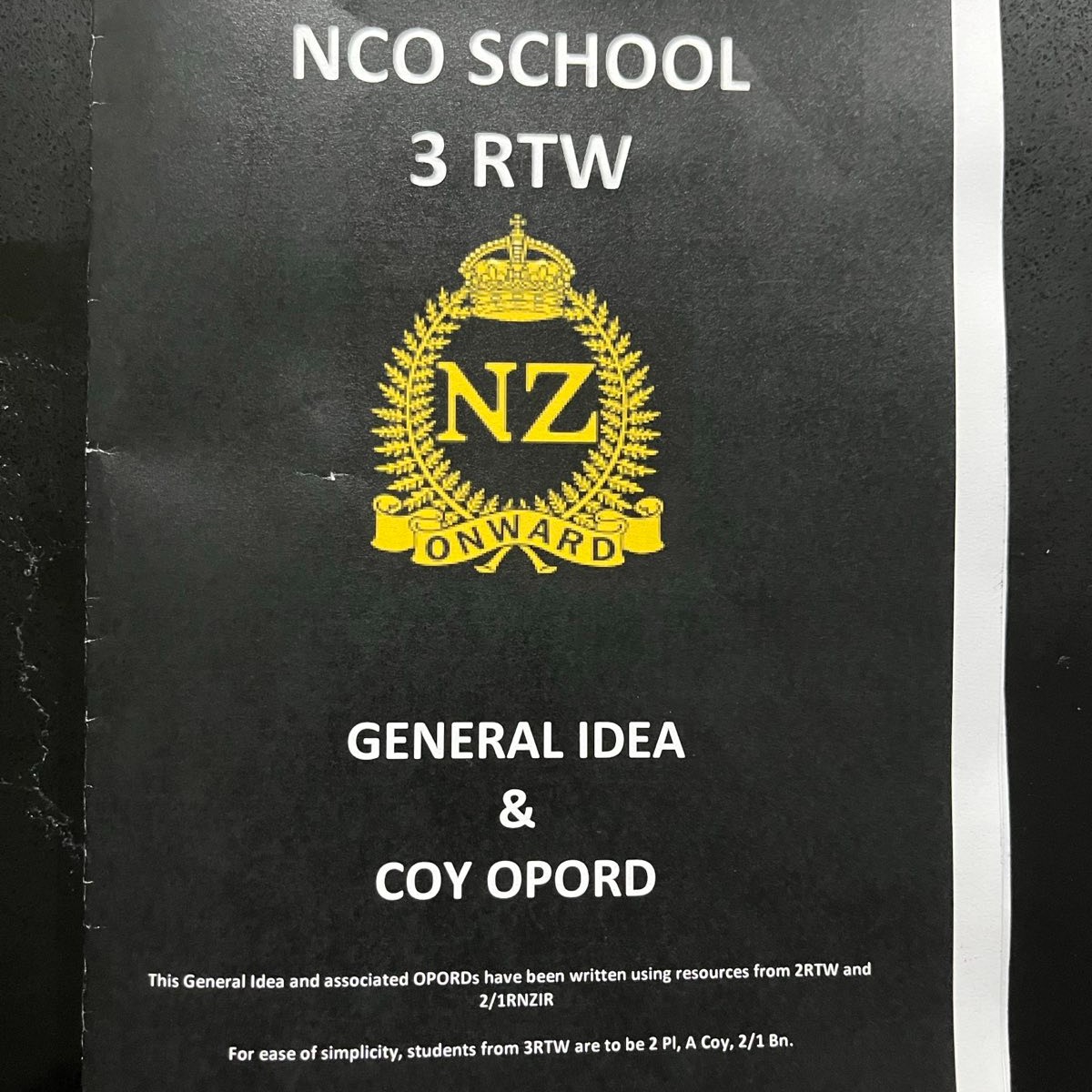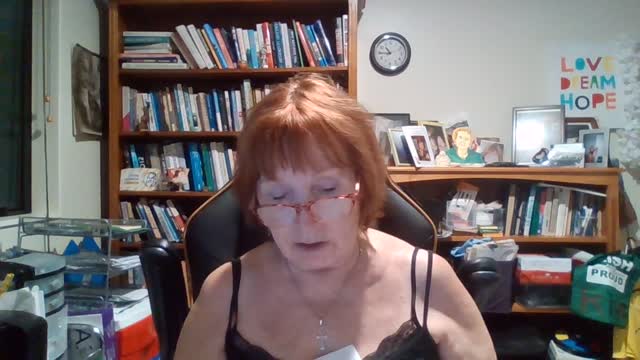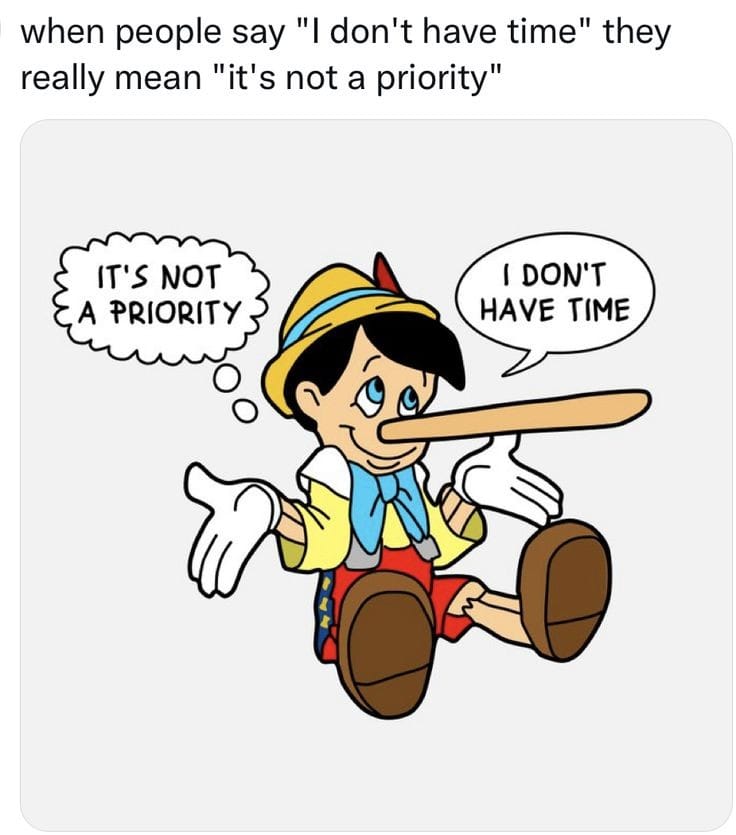
ONE NATION ‘ONE PEOPLE’
UNITED NATIONS: Who are Indigenous peoples? An official definition of ‘Indigenous’ has NOT been adopted by any United Nations System Body. The UN System has developed a modern understanding of this term. According to the UN the most fruitful approach is to identify, rather than define indigenous peoples. This is based on the fundamental criterion of self-identification as underlined in a number of human rights
INTERNATIONAL LAW (Cornel Law School): Self Determination is the Legal Right of ‘ALL PEOPLE’ to decide their own destiny, it is a core principle of International Law, recognized as a general principle of law that is enshrined in a number of International Treaties. Self-determination is protected in ‘The United Nations Charter’ – ‘International Covenant on Civil and political Rights- and the UN Declaration of Human Rights – As a Right of ‘ALL PEOPLES’
THE DEFINITION OF ‘INDIGENOUS’: The term ‘indigenous ‘derives from the late Latin ‘indigenus’ and ‘indigena’ (native) and from the Old Latin ‘indu’ that is derived from the archaic ‘endo’ (a cognate of the Greek ‘endo’), meaning ‘in, within’ and the Latin ‘gignere’ meaning ‘to beget’, from the root ‘gene’ meaning ‘to produce, give birth, beget.
DEFINITIONS WITHIN THE MEANING OF INDIGENOUS: ‘BEGET’: To cause it to happen. Especially a male parent as to procreate or generate an offspring.(Collins Dictionary) To generate something usually children. Another example is ‘good’ work begets ‘good work’. Beget in the Bible means (esp. of a male) to become the father of (offspring); procreate :In the Bible, Isaac begat Jacob. to cause; produce as an effect.
‘NATIVE’: a person born in a specified place or associated with a place by birth, whether subsequently resident there or not.. One born or reared in a particular place (Merriam-Webster Dictionary and Cambridge). being the place or environment in which a person was born or a thing came into being ·. belonging to a person by birth or to a thing by nature (Collins Dictionary)
‘SELF -DETERMINATION’ * Is the determination by oneself or itself, without outside influence. freedom to live as one chooses, or to act or decide without consulting another or others. *Believing you can control your own destiny * A combination of attitudes, abilities that lead people to set goals for themselves and to take initiatives to reach those goals. * The ability or power to make decisions for yourself. The Principles of Self-determination is the freedom to decide how one wants to live their life
‘CULTURAL’ Is a way of life for an entire society this includes:- *Codes of manners, dress, language, religion, rituals, art and traditions. There seven traits which are *Learned *Transmitted * Based on symbols *Changeable *Integrated * Ethnocentric *Adaptive *Cultural Values are a cultures core beliefs about what’s good or right. We all have cultural values, preferences these are informed by the cultures we most associate ourselves with. Defining ‘culture’ is very difficult because among other things it can be an uncountable noun ‘culture’, or an countable one. A culture/different cultures involves too many layers of meaning. There are five key cultural characteristics that are shared in human societies. These are that culture is *learned *shared *symbolic * integrated and dynamic.
The Characteristics of culture is not thought to be innate or inherited. All cultures have characteristics such as limitations, traditions, history, principles, values, symbols and boundaries. A Culture of Dignity is where everyone has the opportunity thrive. The culture of dignity is what it means to be human, valued, respected it’s a hallmark of shared humanity. Where each individual unique person is defined as part of the human race. Not collectively judged, treated as in a ‘group mentality’; To act in accordance with the ‘truth’. A Healthy Culture: Is one in which people feel safe to speak out publicly when they do or do not agree with what others are implying, saying. Culture is dynamic, adapts to changes of circumstance. Everyone has a culture, whilst we are born into culture, it is also something we also learn
Society and Culture: Society cannot exist without culture since culture is an accumulation of norms, behavior’s, practices that determines how society functions in daily life. These include family, educational, religious and political Cultural plays a major role in the lives of everyone in society. Cultural Inheritance: Is referred to as the storage and transmission of information by communication, imitation, teaching and learning. It is transmitted by the brain rather than by the genes, however it does have a genetic basis, the genes involved determining the structure of the brain. Cultural Uniqueness: Even though we are in the same culture, we are still unique individuals with our own unique characteristics. Even though people in a certain culture are all different, there are still larger patterns in their behaviors’. Culture and Identity: Culture is an important part of ALL people as an individual unique within a group or as in an induvial unique person in their own right. This is shaped by values, attitudes, beliefs, values and even experiences in life.
Examples of my own Culture – English Mother and Irish Father:- The Irish culture is rich, diverse, full of myths, literature, music, dance, art cuisine, language. Has been influenced by the English, Tudor, Scots, Normans and Vikings. St Paddy’s day is celebrated all around the world. Well known for our Guinness and leprechauns Irish Coddle, a stew with potatoes and other veg including bacon and sausages. Nothing reflects the warmth and homegrown comfort like a good old hearty Irish stew.. As for a good Irish breakfast that would be a ‘traditional full Irish breakfast comprising of bacon, sausages, eggs, potatoes, beans and home made soda bread. Not forgetting the mushrooms and tomatoes also the white and black pudding. Black pudding is the pigs blood in sausage form. White pudding is simply a pork sausage. Mind you pigs trotters were always on the menu when I visited my Nan and Grandad in Ireland.
For many Irish Religion and Family cohesion are basic to traditional Irish family culture. They cherish family history and heritage. Knowing your extended family and your cousins is a vital part of Irish peoples lives. Romantic Irish.. Chivalry isn’t dead. It’s said that the Irish are very romantic. We think it comes from the close knit bond they all share with their families, mammies and daddies. Irish boys are taught to be chivalrous and Irish women are rated as one of the most loving partners in the world.
English Culture: Rich customs and traditions that are famous right across the world. Lots of tea drinking (Dipping biscuits in tea). Hallmarks of the English culture have gathered historically over time. Football and Cricket. Yorkshire puds and roast beef dinners. British values and beliefs. The mix of British culture is very rich and diverse and is sometimes called ‘cultural capital’. The valuing of communities, villages and townships. Local markets and the pub just down the road. A visit to the chippie on a Friday night. British national identity is referred to as the sense of national identity as embodies in the shared characteristic culture, languages, traditions of the British people. English cooked breakfast on Sundays, sausage bacon and eggs with fried bread or toast. And a trip down to the local pub before Sunday lunch, meet up with your friends and family. Kids in the family room or beer garden at the pub with their bags of chippies and lemonade. Grandad playing the piano and his dog howling a tune
Proud to have English/Irish blood running through my veins. New Zealand is the place I call my home having lived here for 60 years. Having personally worked passionately within community agencies in NZ and amongst people of many cultures, ethnicities always recognizing the individual uniqueness of each individual person not one the same. I personally believe each of us in our own unique individuality, in peace and love have this opportunity to come together as One Nation for One People. God Save New Zealand
-
-
Monday - September 11, 2023 - CO-GOVERNANCE OF NEW ZEALAND
(24) - UN DECLARATION RIGHTS OF INDIGENOUS PERSONS (UNDRIP)
(12)





Leave a Comment